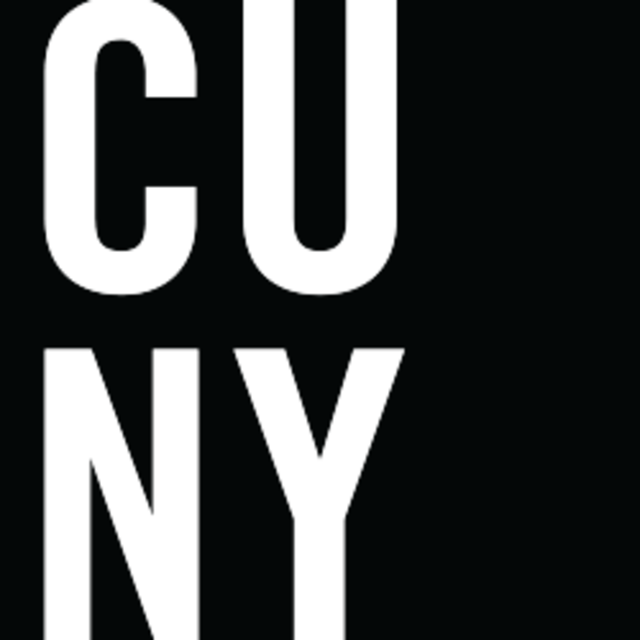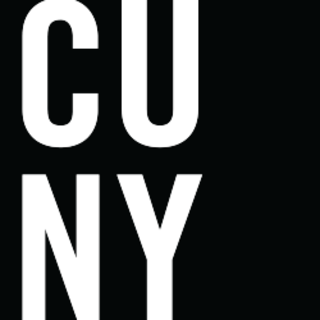Fred Gardaphé, “Found in Translation: Mark Twain’s Italian Humor”
Full description
Original YouTube Description: Presented on May 4, 2022 at the Quarry Farm Barn as part of the 2022 Spring Trouble Begins Lecture Series.
U.S. Americans were laughing at Italians long before they were laughing with them. Like all new immigrants, Italians served as targets of American humor, first through fear of their differences, then out of familiarity with their peculiarities.Scholars suggest that this is simply part of the process by which that minority is incorporated into the identity mosaic of the United States.
In a society governed by representation, a way of controlling people, beyond the law system, is through humiliation through humor, where laughter and ridicule serve as effective weapons of mass reduction, distorting identities through the creation of stereotypes that serve a variety of purposes. Humor, especially when ironic, can also reveal the prejudices and biases of those making fun of the new arrivals to the country.
Gardaphe examines the Italian references in Twain’s works, including THE INNOCENTS ABROAD, “Italian with Grammar,” “Italian Without a Master,” A TRAMP ABROAD, PUDD'NHEAD WILSON, and his autobiography, to show how his ironic approach to Italy and the Italian people differs from most U.S. American writers of his time.
Fred L. Gardaphe is a Distinguished Professor of English and Italian/American Studies at Queens College/CUNY and the John D. Calandra Italian American Institute. He is a Fulbright Fellow (University of Salerno, Italy (2011) and past president of the Italian American Studies Association (formerly AIHA), MELUS, and the Working Class Studies Association. His books include ITALIAN SIGNS, AMERICAN STREETS: THE EVOLUTION OF ITALIAN AMERICAN NARRATIVE, DAGOES READ: TRADITION AND THE ITALIAN AMERICAN WRITER, MOUSTACHE PETE IS DEAD!, LEAVING LITTLE ITALY, and FROM WISEGUYS TO WISE MEN: MASCULINITIES AND THE ITALIAN AMERICAN GANGSTER. He is currently working on a study of humor and irony in Italian American culture, which is the basis for this talk.
Comments
to view and add comments.
Annotations
No one has annotated a text with this resource yet.
- typeVideo
- created on

